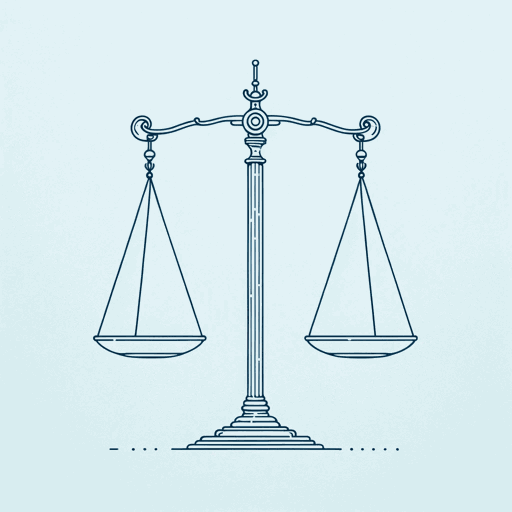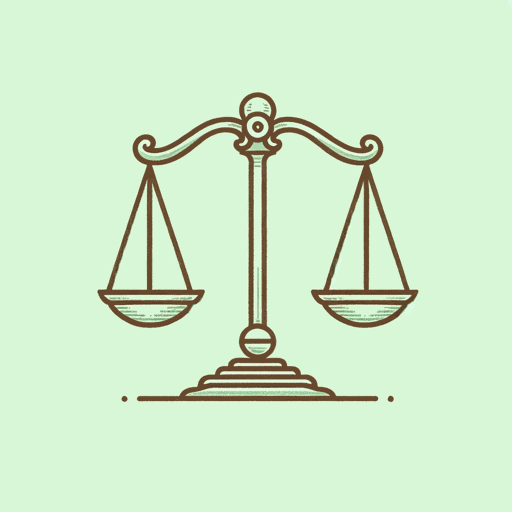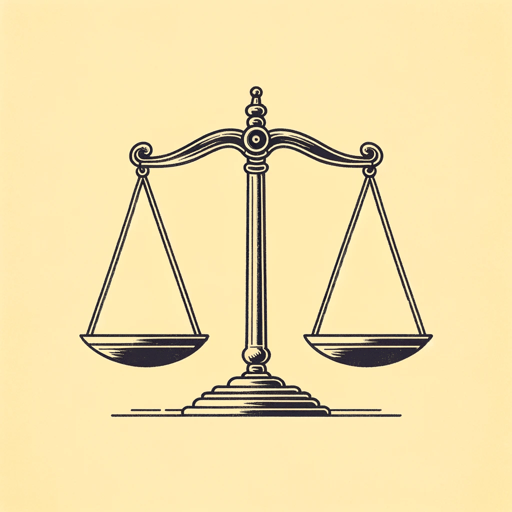31 pages • 1 hour read
John Stuart MillOn Liberty
Nonfiction | Essay / Speech | Adult | Published in 1859A modern alternative to SparkNotes and CliffsNotes, SuperSummary offers high-quality Study Guides with detailed chapter summaries and analysis of major themes, characters, and more.
Important Quotes
“The ‘people’ who exercise the power, are not always the same people with those over whom it is exercised, and the ‘self-government’ spoken of, is not the government of each by himself, but of each by all the rest.”
(Chapter 1, Page 3)
Mill is critical of governments—even representative or democratic governments—because they cannot truly represent every single individual’s will and opinions. In this passage, he calls attention to the phrase “self-government,” which is typically used to refer to a society’s right to rule itself via elected officials. Mill advocates for “self-government” at the level of the individual—that every person should be the ruler of him or herself.
“Society can and does execute its own mandates: and if it issues wrong mandates instead of right, or any mandates at all in things with which it ought not to meddle, it practices a social tyranny more formidable than many kinds of political oppression, since, though not usually upheld by such extreme penalties, it leaves fewer means of escape, penetrating much more deeply into the details of life, and enslaving the soul itself.”
(Chapter 1, Page 4)
Mill discusses a tyranny that derives not from the government but from the people that constitute society. This “social tyranny” does not have to be codified in law to be influential. Mill notes here that society’s mandates that emerge from social conventions might be right or wrong in the way of promoting the social good. Or, those mandates might overstep into areas of life that should only be controlled by an individual, not by a group.
The object of this Essay is to assert one very simple principle, as entitled to govern absolutely the dealings of society with the individual in the way of compulsion and control, whether the means used be physical force in the form of legal penalties, or the moral coercion of public opinion. That principle is, that the sole end for which mankind are warranted, individually or collectively in interfering with the liberty of action of any of their number, is self-protection. That the only purpose for which power can be rightfully exercised over any member of a civilized community, against his will, is to prevent harm to others. His own good, either physical or moral, is not a sufficient warrant.”
(Chapter 1, Page 8)
In this passage, Mill states his general argument about liberty. His essay seeks to determine where the proper limits of governmental power over individuals should reside, and he determines that a government or society should only interfere with a person’s actions if they threaten to harm others. No person should be prevented from carrying out behaviors that might only harm oneself, or one’s reputation.
Related Titles
By John Stuart Mill
Featured Collections
Books About Art
View Collection
Books & Literature
View Collection
British Literature
View Collection
Essays & Speeches
View Collection
European History
View Collection
Nation & Nationalism
View Collection
Philosophy, Logic, & Ethics
View Collection
Political Science Texts
View Collection
Politics & Government
View Collection
Required Reading Lists
View Collection
School Book List Titles
View Collection
Victorian Literature
View Collection
Victorian Literature / Period
View Collection



